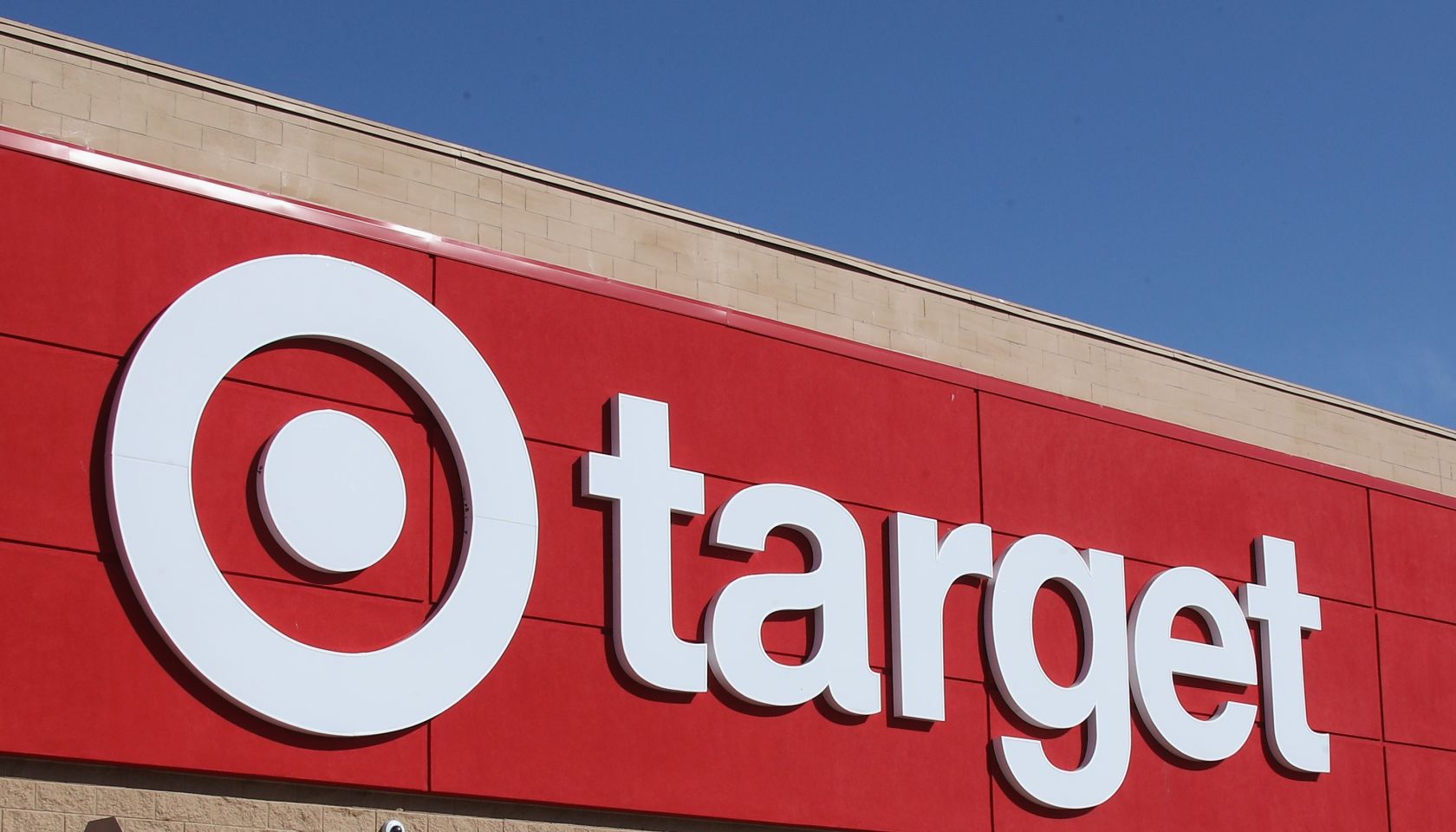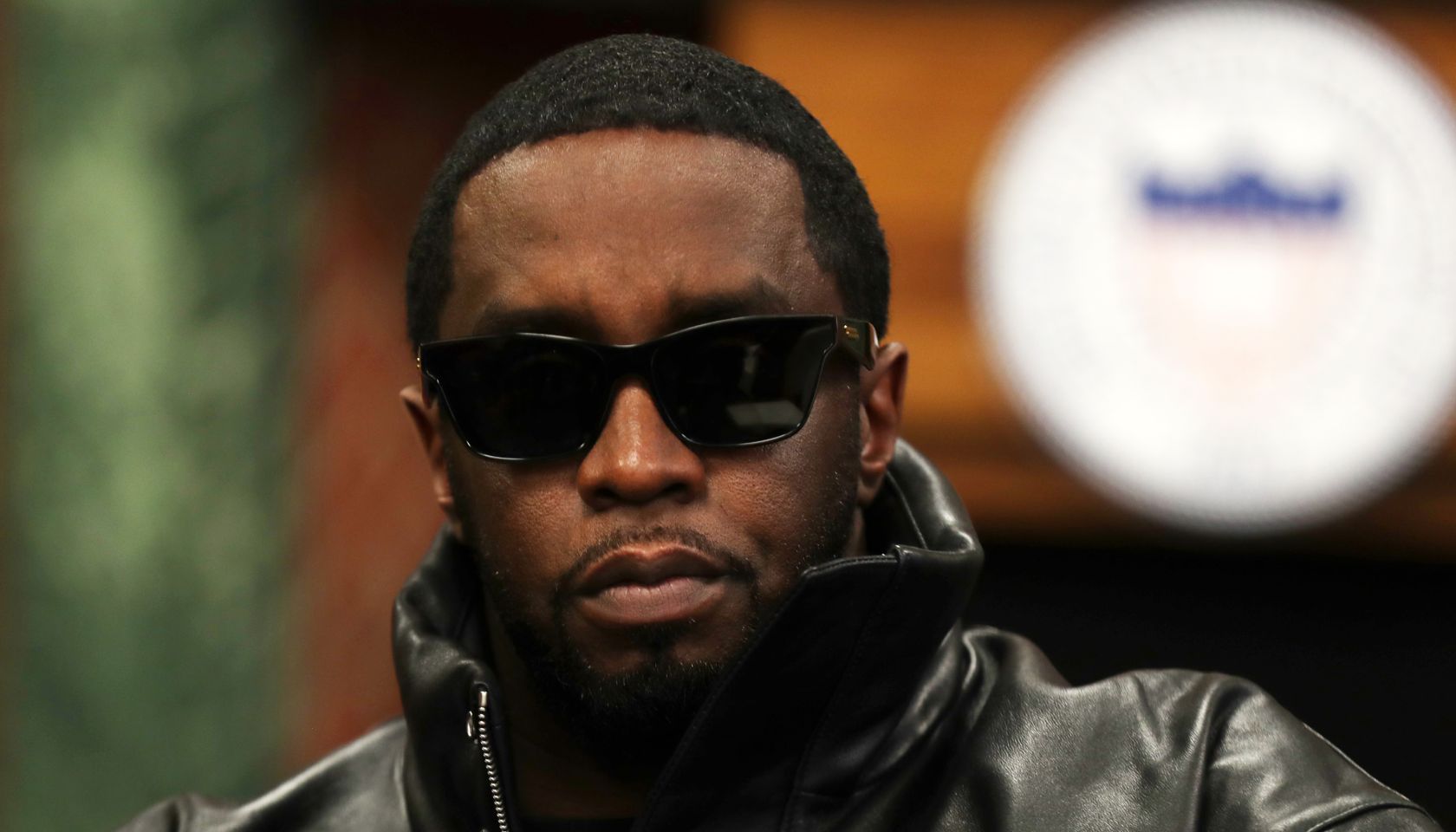One of the newcomers gentrifying traditionally Black neighborhoods in Washington, D.C. created a backlash after complaining about the loud go-go music outside a Shaw neighborhood store. Go-go music had been played from that store for a generation.
That complaint silenced the music for several days. But it ignited a successful protest by longtime residents who still live in the historic Black community.
See Also: Gentrified D.C. Tries To Whitewash Chocolate City By Targeting Go-Go Music
On Wednesday afternoon, T-Mobile yielded to the increasing pressure and authorized the Metro PCS store to turn the music back on, the Washington Post reported.
The Post said John Legere, chief executive of T-Mobile U.S., stated in a tweet to the newspaper that he “looked into this issue myself and the music should NOT stop in D.C.!”
T-Mobile and Metro PCS are “proud to be part of the Shaw community — the music will go on and our dealer will work with the neighbors to compromise volume,” Legere added.
Go-go music, which is typically described as funky percussion-based instrumentation, is many times compared to a junkyard band (in fact, one of the top go-go groups is called Junk Yard Band). Protesters feared that the muting of the speakers outside the mobile phone store was just a first step in a larger attack on their culture.
The Metro PCS store, located on the corner of 7th Street and Florida in Northwest Washington, brought its speakers inside and turned down the volume after a resident of a nearby luxury apartment complained.
That prompted protesters to rally for days outside the store. Their hashtag, #Don’tMuteDC, was trending on social media and displayed on signs. They pumped up the go-go music and demanded to be heard.
Some local lawmakers joined the protest. Council member Brianne K. Nadeau, who represents the Shaw area, wrote a letter Monday to T-Mobile’s senior vice president for government affairs outlining the city’s history and go-go’s place in it, the Post said. Mayor Muriel Bowser added her voice to the protest.
T-Mobile made the announcement shortly before organizers planned to hold a news conference, and the music was back on within an hour after the company gave its approval for the go-go music to return.
“This is not just a Central Communications (the Metro PCS vendor) issue, this is a D.C. issue,” said community activist Ron Moten, who was involved in organizing the protests. “We’re happy on this occasion that the community came together as one to address this issue.”
Scroll down to see the spirited rallies that won the battle























